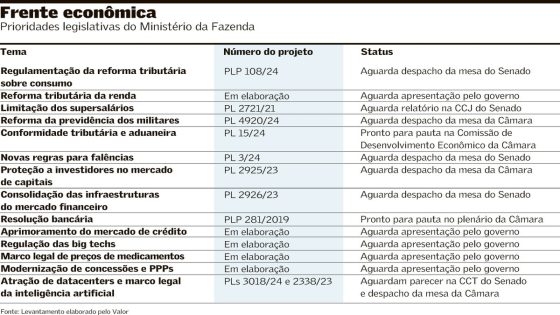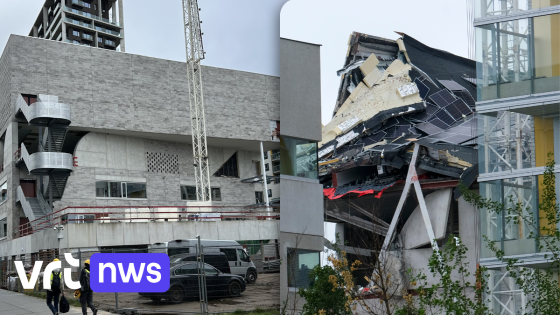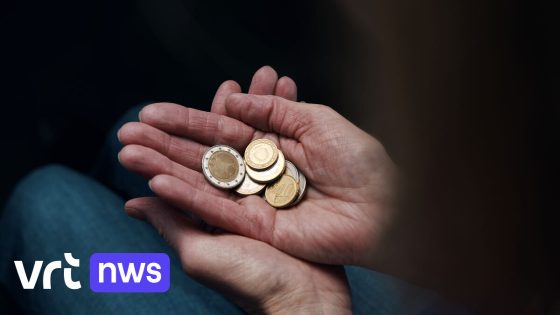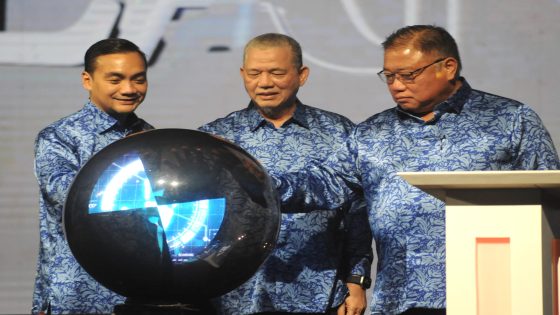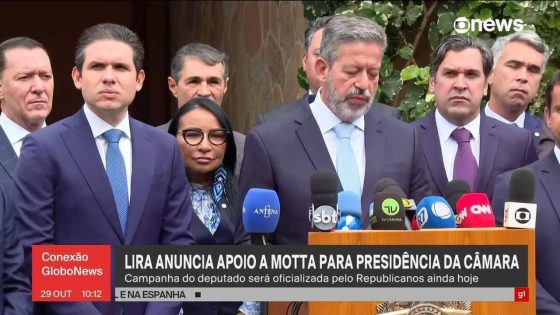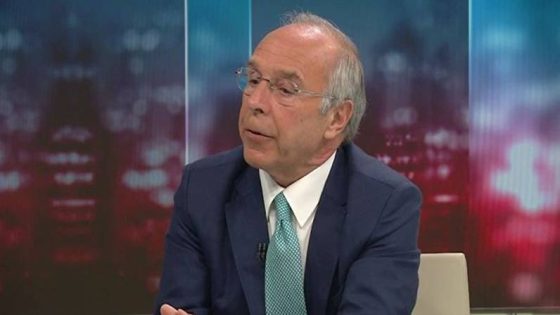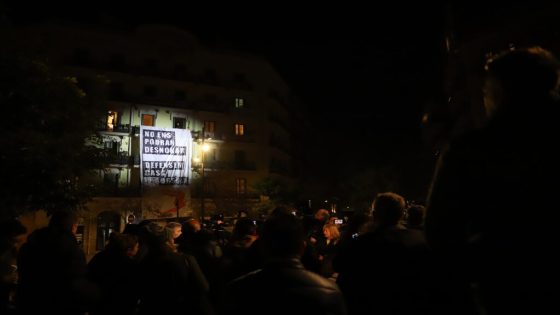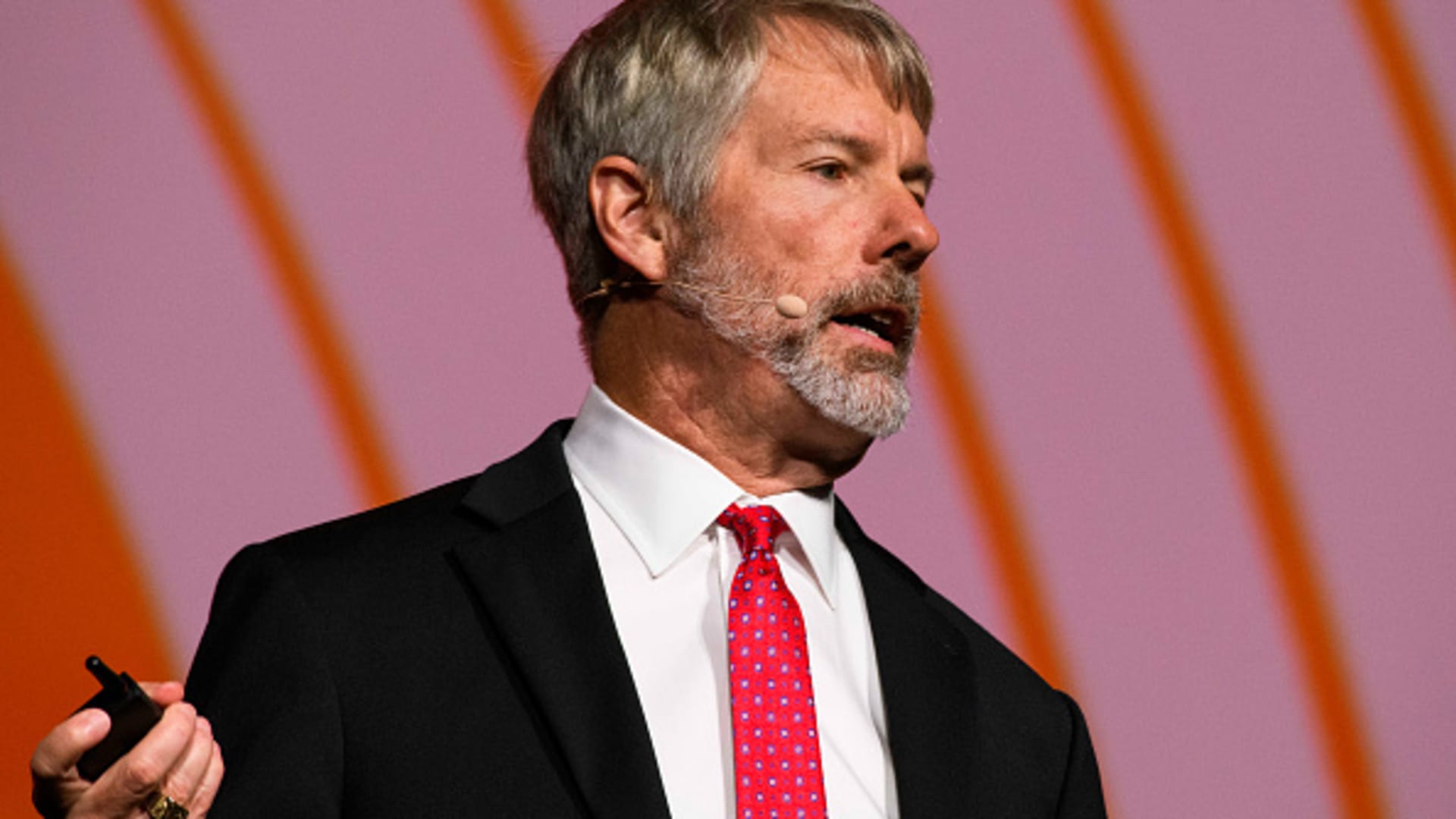On February 5, 2025, Finance Minister Fernando Haddad met with the new President of the Chamber of Deputies, Hugo Motta. During this initial meeting, Haddad presented a list of 25 priority projects aimed at boosting Brazil’s economy. But what does this mean for the future of economic policy in Brazil?
- Minister Fernando Haddad meets new Chamber president.
- 25 priority economic projects presented to Congress.
- Income tax reform aims to exempt low earners.
- Political tension over tax increases on wealthy.
- Compensation for tax benefits is a key discussion.
- Collaboration between Congress and government emphasized.
Brazil’s Economic Future: 25 Priority Projects Unveiled by Finance Minister
What are the implications of these 25 priority projects for Brazil’s economy? The meeting between Haddad and Motta marks a crucial step towards legislative progress. Among these projects, the proposed income tax reform is particularly noteworthy, aiming to exempt individuals earning up to R$ 5,000 monthly. This could reshape Brazil’s tax landscape significantly.
Key Focus Areas of the 25 Economic Projects in Brazil
The projects outlined by Haddad are categorized into three main areas: economic stability, improving the business environment, and ecological transformation. These areas reflect the government’s commitment to fostering a balanced and sustainable economic growth strategy.
Understanding the Income Tax Reform Proposal in Brazil
The income tax reform is at the forefront of the government’s agenda, with a focus on exempting low-income earners. However, the challenge lies in addressing the potential revenue loss. Discussions are ongoing about how to balance this reform with the need for government revenue.
- Exemption for individuals earning up to R$ 5,000.
- Concerns over compensating for lost tax revenue.
- Potential adjustments to tax structures for higher earners.
- Need for transparent discussions in Congress.
Challenges Ahead: Congressional Approval and Economic Stability
One of the main challenges will be gaining Congressional approval for these projects. The new President of the Chamber, Hugo Motta, has indicated that Congress is wary of further tax increases. This creates a complex environment for the government as it strives to implement its economic agenda.
In conclusion, the meeting between Haddad and Motta signifies a pivotal moment for Brazil’s economic policy. With 25 priority projects on the table, the path forward will require careful negotiation and collaboration to ensure economic growth and stability.



